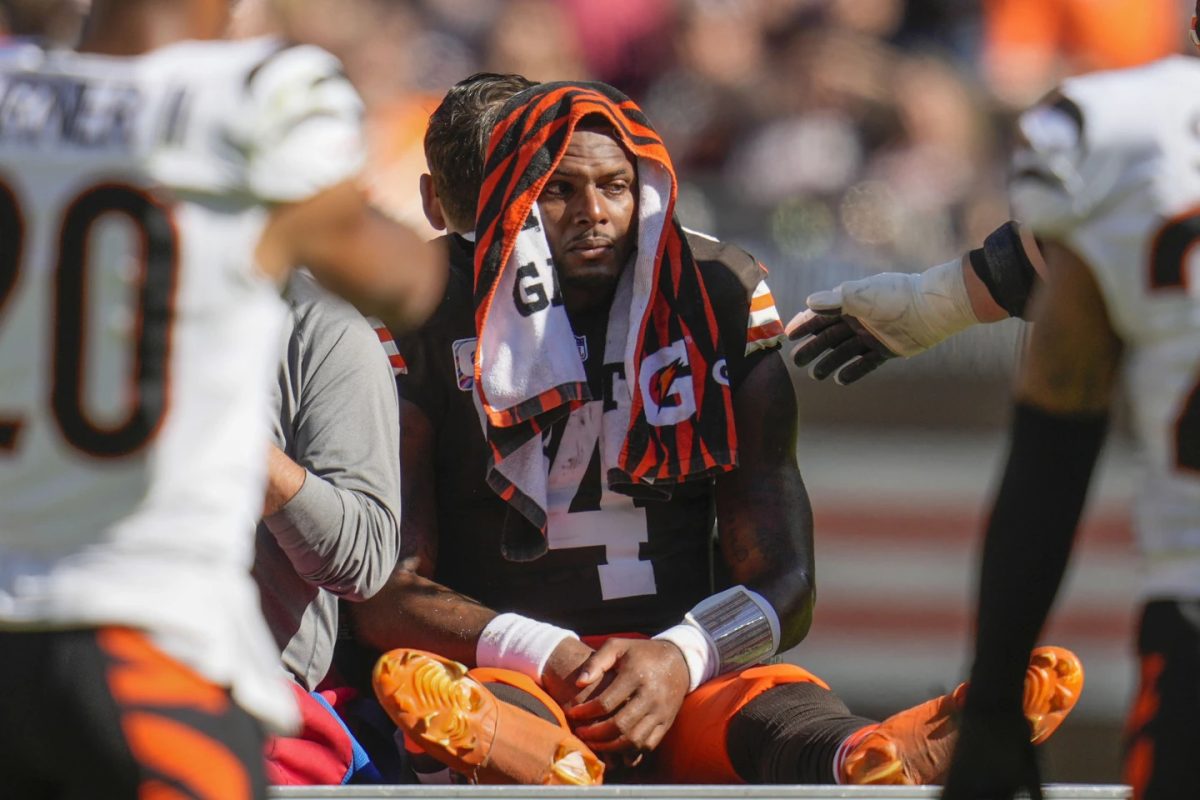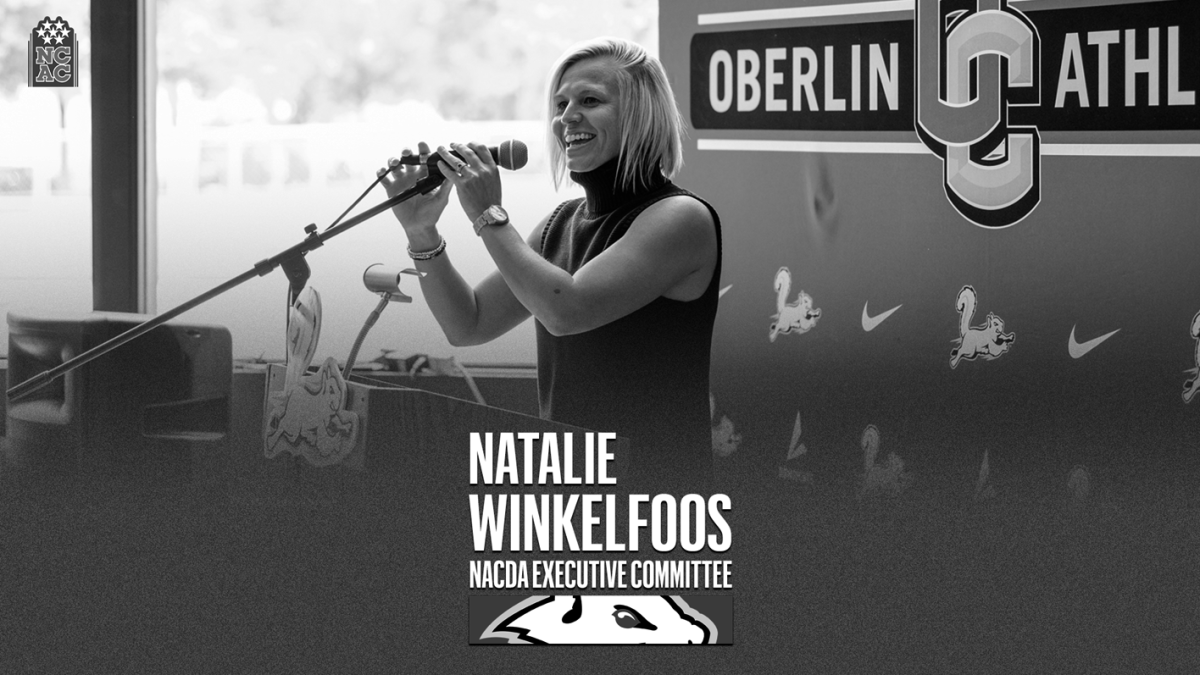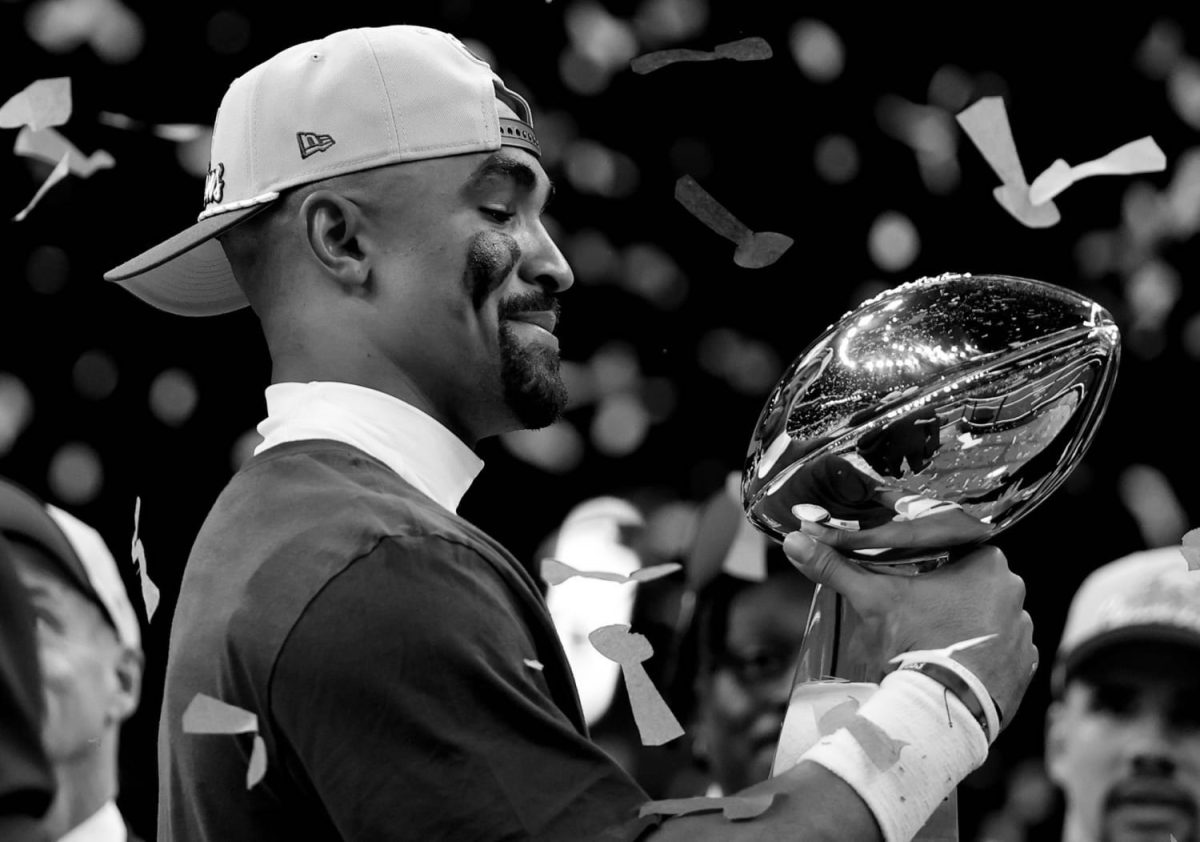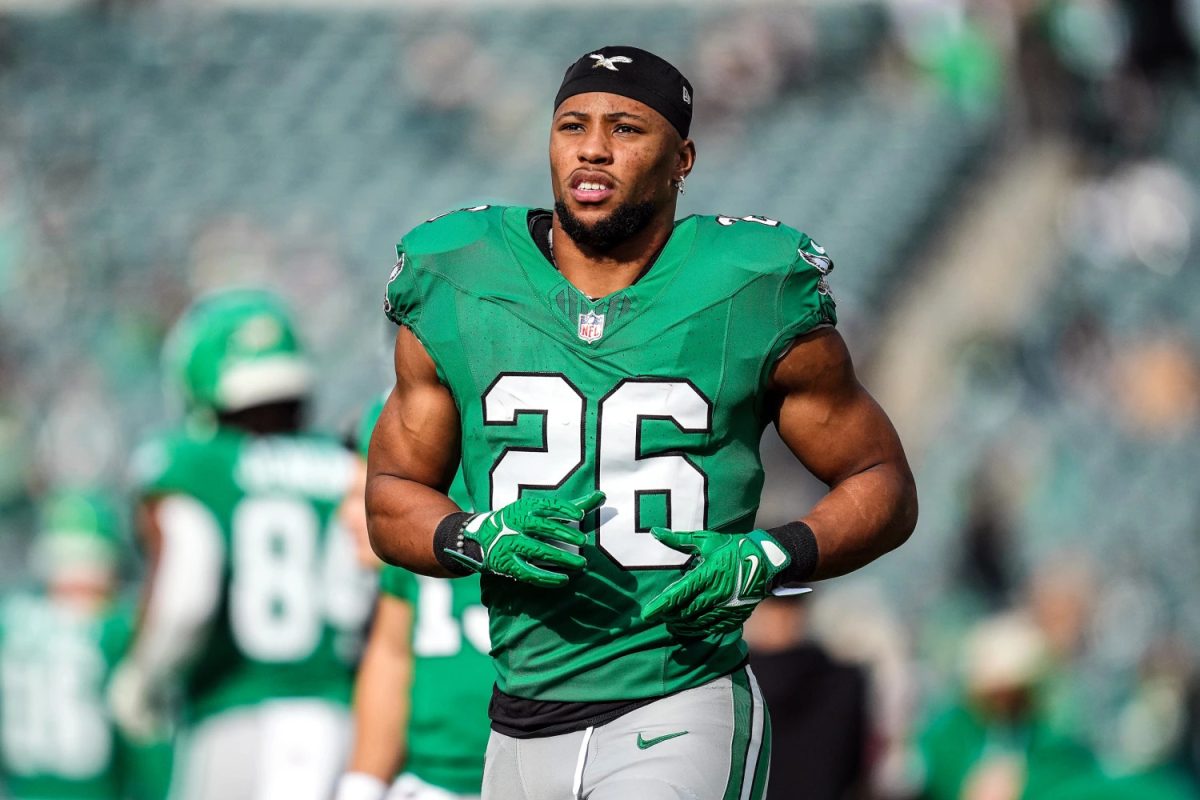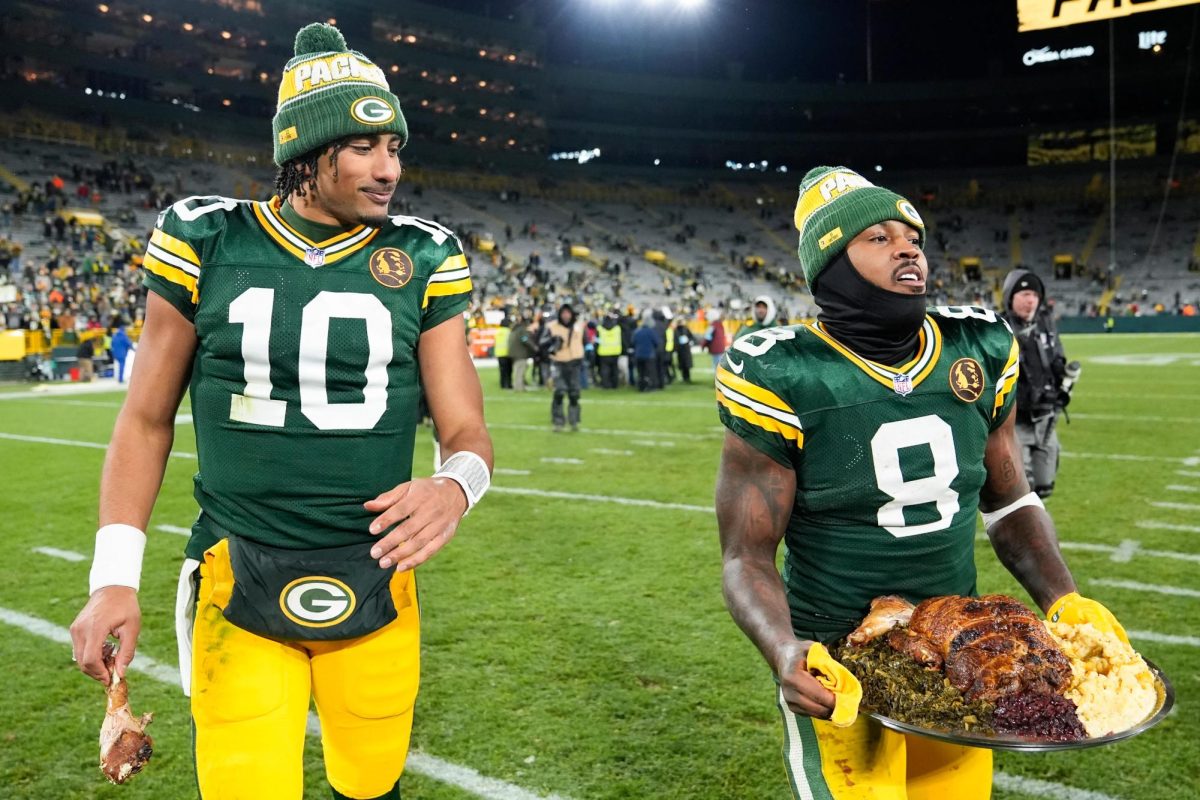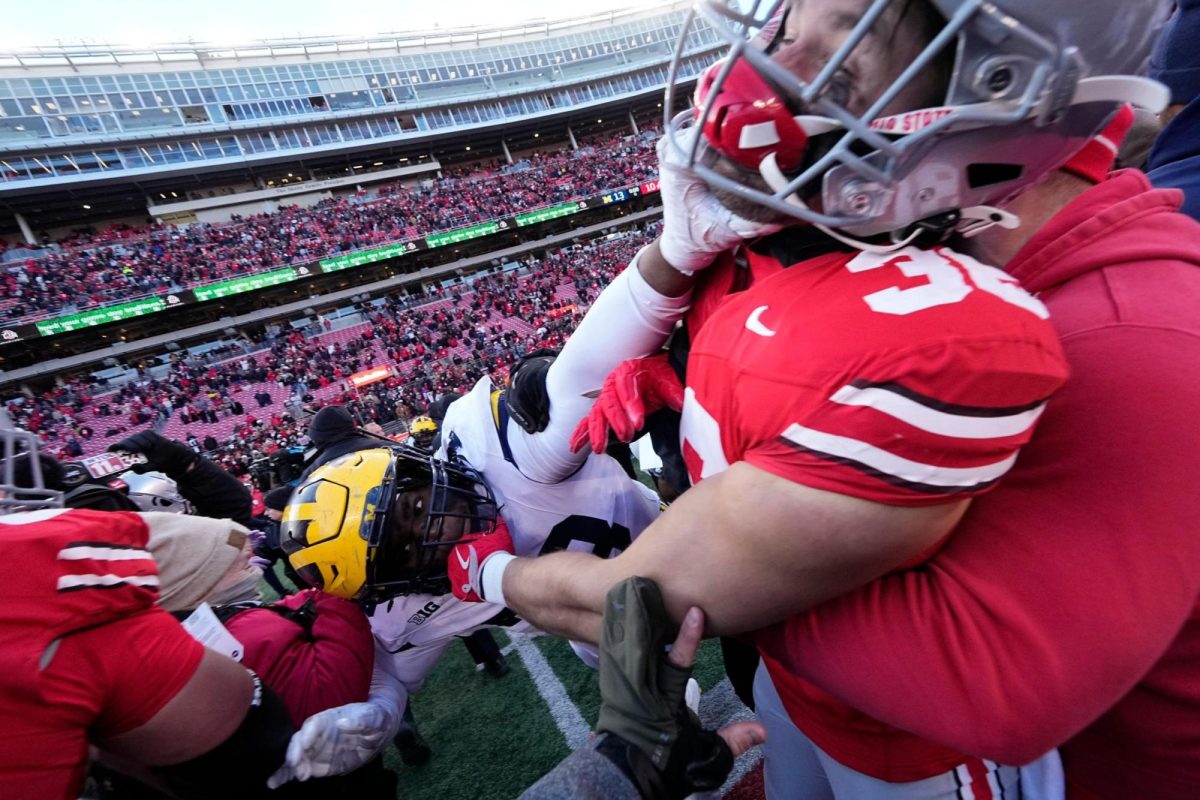The recent season-ending injury suffered by Cleveland Browns quarterback Deshaun Watson has stirred complex emotions across the NFL fanbase. Watson’s ruptured Achilles tendon, a career-threatening injury, has fueled starkly divided responses. While some fans and athletes rallied in support of Watson’s recovery, others expressed an uncomfortable sense of relief, revealing the lingering complexities around his controversial career. This mixed reaction highlights not only fans’ frustrations, but also deeper ethical issues within the NFL’s treatment of player conduct.
When Watson joined the Browns in 2022 with a fully-guaranteed $230 million contract, fans were initially excited for the talent he could bring to the team. Still, the circumstances surrounding his signing were overshadowed by accusations of sexual misconduct from over 20 women. Although he settled most allegations outside of court and received an 11-game suspension and a hefty fine, many fans and commentators felt these consequences were not sufficient for a player under such serious allegations. The NFL’s response to his legal troubles, allowing him to remain a star player with an astronomical contract, exemplified a league often criticized for prioritizing talent over accountability. For some fans, Watson’s injury represented an opportunity for the Browns to re-evaluate their direction of quarterback, but for others, it felt like poetic justice, a consequence of what they see as poor judgment by both the league and the Browns.
However, the reaction to Watson’s injury has also exposed uncomfortable dynamics about fandom, morality, and the limits of human empathy in professional sports. While an unwritten rule in sports discourages fans from celebrating injuries, a vocal minority at the Browns’ stadium did exactly that, with boos turning to cheers when Watson was escorted off the field. Players like Myles Garrett were quick to denounce this reaction, highlighting the brotherhood athletes feel when a fellow player is hurt.
“We should be ashamed of ourselves as Browns and as fans to boo anyone and their downfall. To be season-altering, career-altering injury. Man’s not perfect. He doesn’t need to be,” Garrett said, defending Watson as his teammate despite the circumstances surrounding his presence on the team.
While Garrett’s reaction is both reasonable and understandable, it should be stated that Watson’s past should not be overlooked. That being said, there is also a sense of hypocrisy within the fan reaction to Watson’s injury. In fact, it’s only when Watson’s on-field performance began to fall short of expectations that boos grew louder. Watson has yet to meet the expectations set by his record-breaking contract, and his statistics this season have been some of the lowest in the league. Cleveland fans, who once welcomed the chance to have a strong quarterback to lift their team from mediocrity, now feel that the gamble has backfired. Before Watson’s underwhelming performance, some fans tolerated or even cheered for him, suggesting that performance, rather than conduct, remains a primary concern for many supporters.
This contradiction is not limited to Cleveland. The NFL as a whole has a history of overlooking or minimizing serious off-field misconduct as long as a player continues to perform. Watson’s situation emphasizes this troubling reality: while players should be pushed to uphold both skill and integrity, league decisions often send a different message. The NFL’s culture of “sweeping misconduct under the rug” in favor of elite talent reflects broader societal issues where accountability can be sidelined for profit or success. Ultimately, Watson’s injury sheds light on the moral ambiguity surrounding both his career and the fans’ reactions to him. The Browns now face yet another quarterback dilemma and must ask hard questions about their future with Watson. Whether he recovers in time to start again or not, his legacy is already marred by his past. For many, his injury merely symbolizes an end they were eager to reach.


